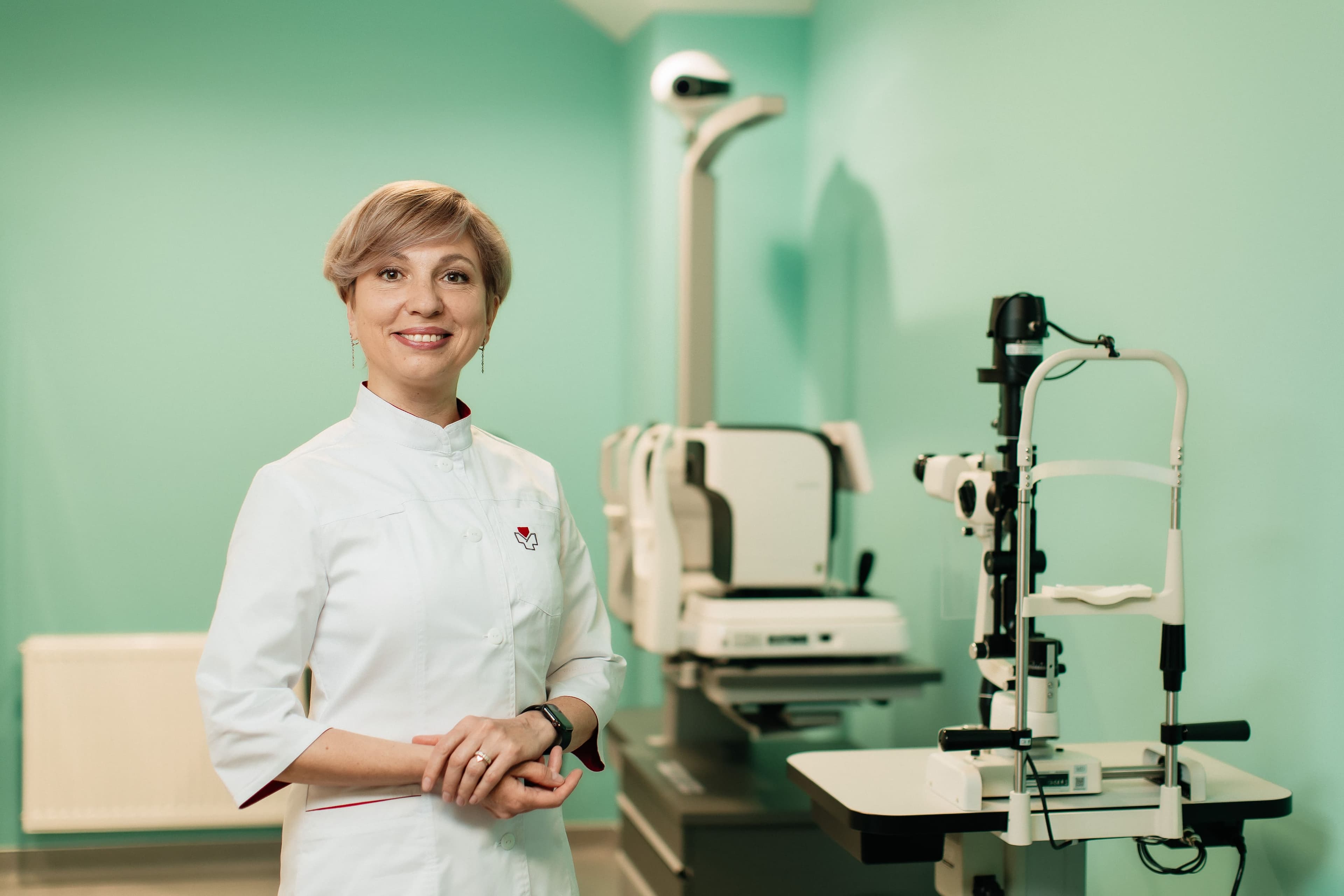Ophthalmogenetics: New Frontiers in the Treatment of Hereditary Eye Diseases

Just a few decades ago, genetic vision pathologies were considered incurable. However, today's rapid medical advancements are changing the game. Ophthalmogenetics is opening new horizons in the diagnosis, prevention, and therapy of diseases that previously led to irreversible vision loss.
What Does Pediatric Ophthalmogenetics Study?
This field focuses on identifying the hereditary causes of visual impairment. In children, these may manifest as:
- Congenital cataracts and glaucoma;
- Retinopathy and macular dystrophy;
- Retinitis pigmentosa;
- Optic nerve atrophy.
Modern research allows us not only to identify specific mutations but also to develop personalized treatment strategies.
Key Facts About Modern Technologies
- Scale of the Issue: Approximately 60% of cases of childhood blindness are genetic in origin. Early diagnosis is the only way to preserve vision.
- Genetic Passport: Modern testing allows for the assessment of disease development risks before the first symptoms appear or even before the child is born.
- Family Planning: The use of IVF and Preimplantation Genetic Diagnosis (PGD) allows parents who carry mutations to select an embryo without the genetic defect, guaranteeing the birth of a healthy child.
- Innovative Therapy: Cutting-edge methods, such as photopharmacology (activating specific genes with light) and gene therapy, are already undergoing successful clinical trials and demonstrating impressive results.
Advice for Parents
- Timely Testing: If there is a family history of hereditary vision problems, undergo genetic testing as early as possible. This is the key to starting treatment on time.
- Systemic Monitoring: Children with hereditary pathologies require regular supervision by an ophthalmologist to monitor their condition and adjust therapy when necessary.
- Psychological Comfort: A hereditary disease is a challenge for the entire family. Psychological support helps the child adapt and feel confident.
Thanks to the latest technologies, a "genetic disease" diagnosis is no longer a verdict. At Doctor Sam Medical Center, our experts with international experience use advanced techniques to preserve your child's vision.
Doctor Sam – your reliable partner in caring for children’s health!



